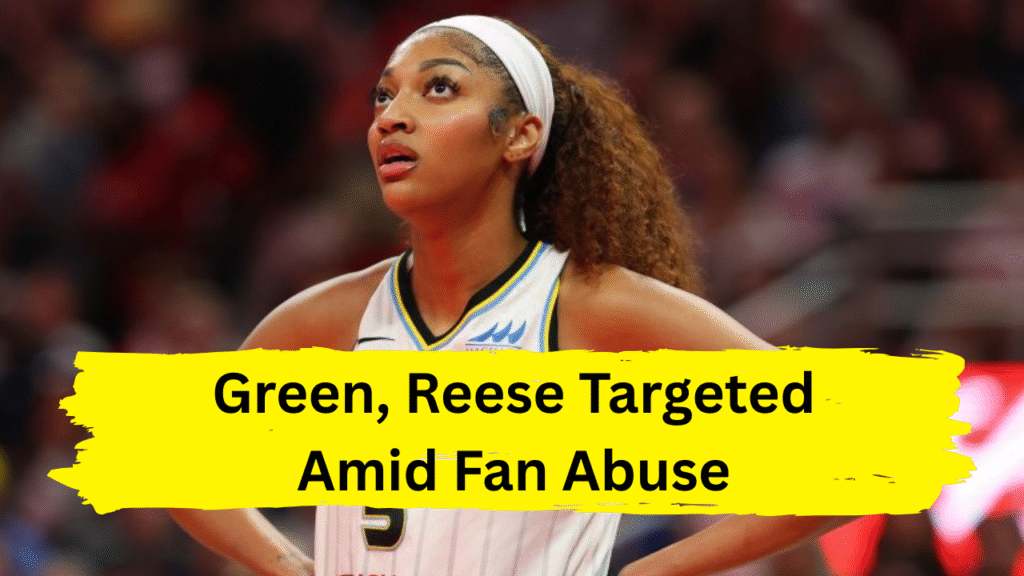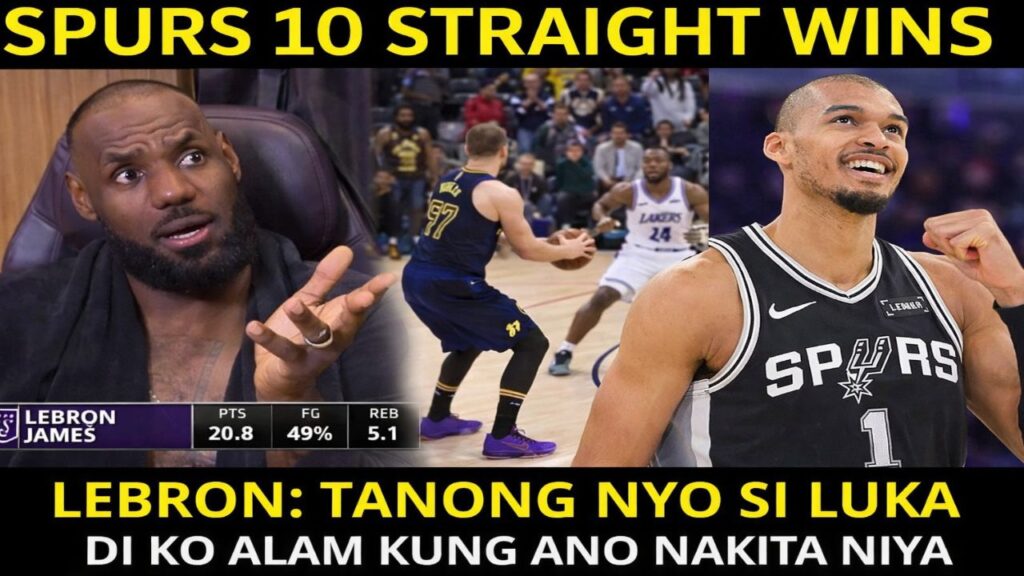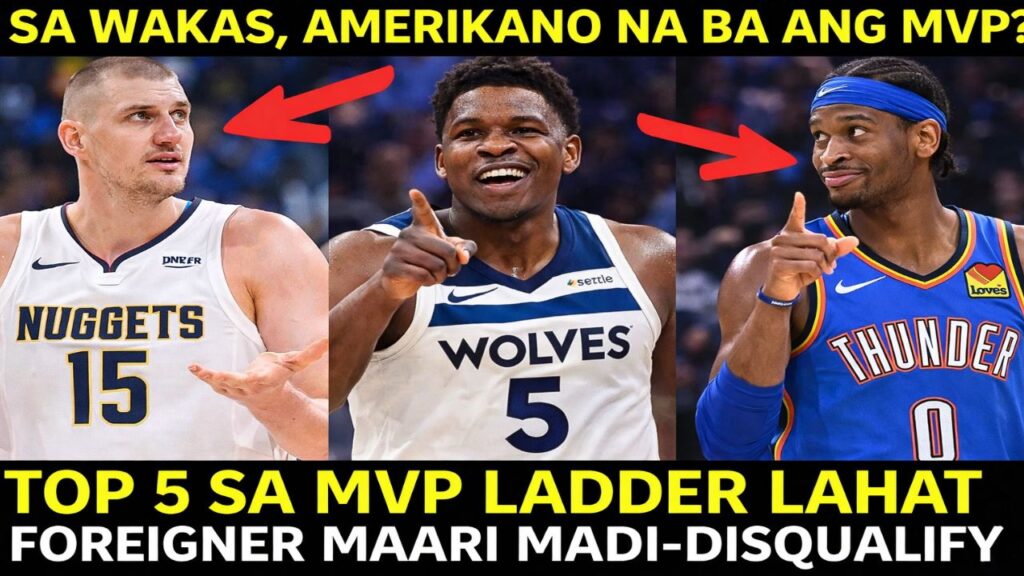The roar of the crowd, the squeak of sneakers, the thrill of competition—these are the hallmarks of professional basketball. But in 2025, a darker undercurrent has resurfaced in the NBA and WNBA: racism. From racial slurs hurled at Draymond Green during a playoff game to hateful chants directed at Angel Reese in her WNBA season opener, a wave of fan abuse scandals has reignited urgent questions about accountability, systemic bias, and the leagues’ commitment to protecting players from bigotry.
The Incidents: From Minneapolis to Indianapolis
The storm began in the NBA’s Western Conference semifinals, where Golden State Warriors forward Draymond Green became the target of racist taunts during Game 3 in Minnesota. Green, no stranger to controversy, revealed on his podcast that fans at the Target Center “said racist things” but downplayed their significance, noting such incidents are not isolated: “In these environments, racist things are said” . His remarks underscored a grim reality—despite decades of progress, racism remains entrenched in sports culture.
Days later, the WNBA faced its own reckoning. During the Indiana Fever’s 93–58 rout of the Chicago Sky on May 17, Sky star Angel Reese was subjected to alleged racial slurs from fans at Gainbridge Fieldhouse. The abuse peaked after a heated on-court exchange between Reese and Fever phenom Caitlin Clark, where Clark’s foul on Reese was upgraded to a flagrant 1, sparking boos and vitriol toward the Black forward . While the exact remarks remain unconfirmed, the WNBA swiftly launched an investigation under its newly minted “No Space for Hate” policy, a campaign designed to combat discrimination in arenas and online .
The Leagues’ Responses: Condemnation, But Where’s the Action?
Both leagues issued strong statements condemning the incidents. The NBA’s Minnesota Timberwolves apologized to Green, while the WNBA emphasized its “zero tolerance” stance, vowing to use AI-powered tools and enhanced security to identify offenders . Yet critics argue these measures lack teeth. The WNBA’s investigation into the Reese incident, for example, has yet to yield concrete findings, leaving fans and players in limbo . Similarly, Green criticized the NBA’s imbalance in accountability: “Fans can say whatever they want… but if we [players] respond, we get fined” .
This disparity highlights a systemic issue: while players face strict penalties for misconduct, abusive fans often escape consequences. The WNBA’s updated fan code of conduct—which bans racist, sexist, or homophobic language—theoretically allows for lifetime bans and legal escalation . But without transparent enforcement, such policies risk becoming performative. As Las Vegas Aces star A’ja Wilson bluntly stated: “It’s nice in words, but we got to see actions” .
Angel Reese and the Weight of Visibility
For Angel Reese, the alleged abuse in Indianapolis is part of a broader pattern. Since her collegiate days at LSU, the 23-year-old has been a lightning rod for criticism, often framed through racial and gendered lenses. After the Fever game, Reese acknowledged the toll of constant scrutiny but praised her support system: “I’ve gone through so many things… but being part of an organization that loves me makes it easier” . Her resilience contrasts sharply with the vitriol she faces—a dynamic exacerbated by her rivalry with Caitlin Clark, whose meteoric rise as a white superstar has amplified racial tensions among fans .
Clark, for her part, has repeatedly condemned hate speech, stating, “There’s no place for that in our game or society” . Yet her prominence has unintentionally fueled toxic fandom. Last season, players who fouled Clark faced racist and homophobic harassment online, a trend she called “disappointing and unacceptable” . The dichotomy underscores a painful truth: women athletes, particularly women of color, remain vulnerable to intersectional abuse that leagues are ill-equipped to address.
Draymond Green’s Call to Arms: Penalize Fans Like Players
Green’s critique of fan accountability cuts to the heart of the issue. He argues that leagues prioritize profit over player safety, allowing abusive behavior to persist because “fans are privileged… they can say whatever they want without limits” . His solution? Treat fans like players: impose fines, suspensions, and criminal charges for hate speech. This proposal, while radical, aligns with growing demands for parity in consequences. After all, if Green were to retaliate against a fan, he’d face sanctions—so why should the instigators walk free?
The WNBA’s “No Space for Hate” initiative, which includes mental health resources and real-time abuse monitoring, is a step forward . But without strict enforcement, it risks mirroring the NBA’s hollow gestures. As Reese’s teammate Aliyah Boston noted during the Fever-Sky clash, players shouldn’t need to “endure hostility to prove their toughness” .
The Path Forward: Accountability as a Cultural Shift
The recent scandals reveal a troubling truth: racism in sports isn’t a relic of the past but a present-day crisis. For leagues to meaningfully address it, they must confront uncomfortable questions:
- Transparency in Investigations: Fans deserve clarity on how allegations are handled. The WNBA’s silence on the Reese probe fuels skepticism .
- Equal Consequences: Penalize abusive fans as harshly as players. Green’s call for fines and bans could deter future incidents .
- Cultural Reckoning: The Reese-Clark rivalry, while electrifying, exposes how racial narratives are weaponized. Leagues must educate fans to reject toxic tribalism .
As the WNBA’s Cathy Engelbert asserted, basketball should be a “unifying force” . But unity cannot exist without justice. For Draymond Green, Angel Reese, and countless others, the game they love remains a battleground—one where the final buzzer on racism has yet to sound.
The 2025 season may be remembered not for its highlights, but for its reckoning. The question is: Will leagues rise to the moment, or let history repeat itself?


